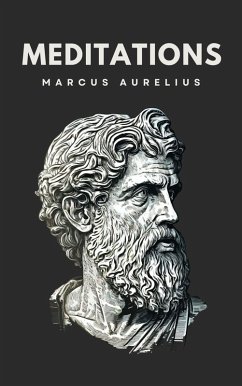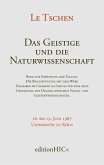The philosophy of the Roman Emperor Marcus Aurelius can be found in a collection of personal writings known as the Meditations. These reflect the influence of Stoicism and, in particular, the philosophy of Epictetus, the Stoic. The Meditations may be read as a series of practical philosophical exercises, following Epictetus' three topics of study, designed to digest and put into practice philosophical theory. Central to these exercises is a concern with the analysis of one's judgements and a desire to cultivate a "e;cosmic perspective."e;From a modern perspective Marcus Aurelius is certainly not in the first rank of ancient philosophers. He is no Plato or Aristotle, nor even a Sextus Empiricus or Alexander of Aphrodisias. To a certain extent this judgement is perfectly fair and reasonable. However, in order to assess the philosophical qualities that Marcus does have and that are displayed in the Meditations it is necessary to emphasize that in antiquity philosophy was not conceived merely as a matter of theoretical arguments. Such arguments existed and were important, but they were framed within a broader conception of philosophy as a way of life. The aim was not merely to gain a rational understanding of the world but to allow that rational understanding to inform the way in which one lived. If one keeps this understanding of 'philosophy' in mind, then one becomes able to appreciate the function and the philosophical value of Marcus' Meditations.
Dieser Download kann aus rechtlichen Gründen nur mit Rechnungsadresse in A, B, BG, CY, CZ, D, DK, EW, E, FIN, F, GR, HR, H, IRL, I, LT, L, LR, M, NL, PL, P, R, S, SLO, SK ausgeliefert werden.









